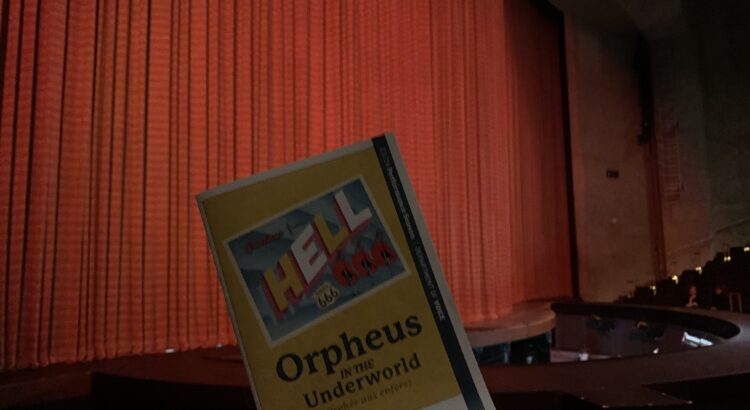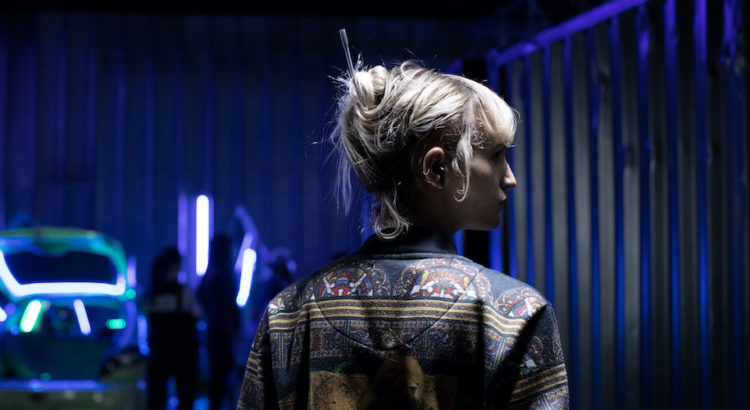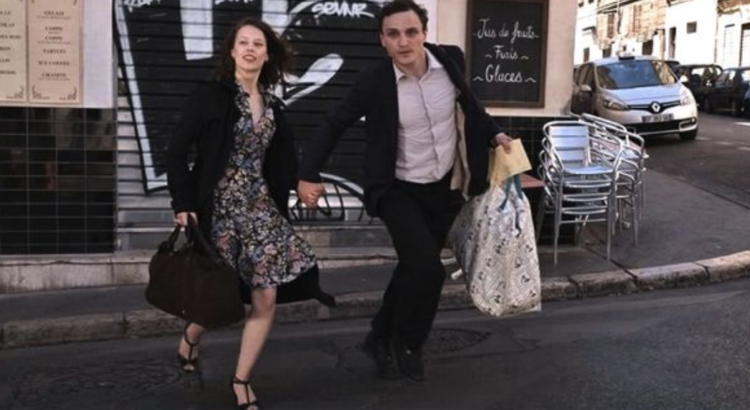The Metropolitan Opera hosts viewings of select operas in movie theaters across the country, under their series “Met Live in HD”. These performances on screen are marketed at an affordable price, to increase accessibility efforts in opera. The 2024 year premieres with Bizet’s Carmen, an iconic staple of Opera literature.
Young Russian Soprano, Aigul Akhmetshina, takes the stage as the youngest ‘Carmen’ to perform at The Met. Her demanding presence is alluring, along with her spunk and sense of unpredictability. She was a force to watch on stage, equally expressive and keen to the role. She sings alongside Met Opera greats: Piotr Beczała, Angel Blue, and Kyle Ketelsen. This quartet was truly remarkable, each buzzing with personality and vocal virtuosity. Akhmetshina is contracted to sing ‘Carmen’ at opera houses and festivals around the globe until at least August 2024.
The story of Carmen’s success is quite a tragic one for the composer, Georges Bizet. Bizet struggled to get his work on stage, though a fresh winner of the Prix de Rome. 1875 Paris was not fond of his depictions of proletarian life, lawlessness, and a tragic ending with an aggressive on-stage death. However, the historically controversial themes have been embraced by modern viewers and the score has trickled into aspects of pop culture, making songs like “Habanera” one of the most well-known arias to date.
The Met revels in creating the most aesthetically unique productions of Carmen year after year. Director Carrie Cracknell makes her Met debut taking a stab at a modern adaptation of ‘Carmen’s’ adventures and escapades. This production is set in the 21st Century, with references to gun violence, systemic labor abuse, and female empowerment. Her directing choices were clear and concise, revitalizing a story seeping with stereotypes and sexism.
I would recommend seeing a Met HD Opera in theaters. It is an intimate way to experience some of the most distinguished operas in the United States.
235 minutes. Not Rated. Includes gendered violence, cigarettes, and sexual themes. Sung in French with English subtitles.
Synopsis and more on Carmen HERE.
Met Live in HD showings HERE.
Image thanks to New York Theater Guide.












